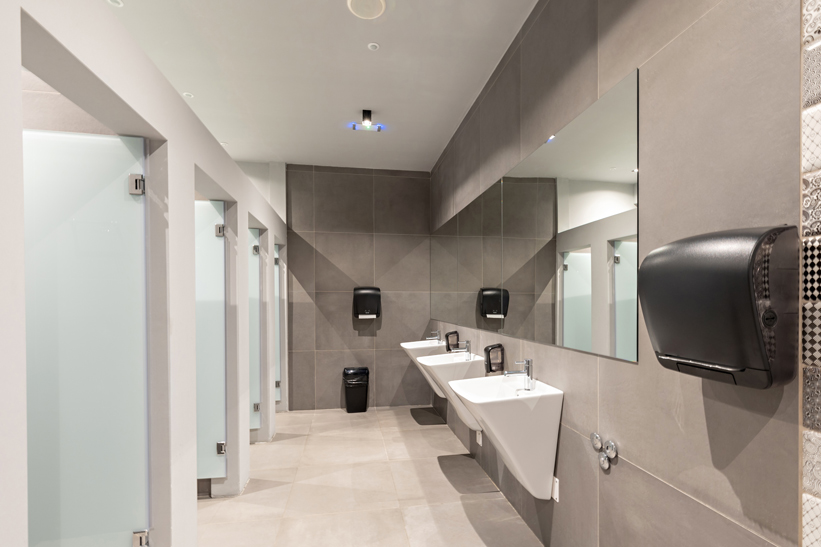Public Manners Guide for a Comfortable Trip in Japan

Introduction: Welcome to Japan
Thank you for your interest in Japan!
Japan is supported by many travelers as a "safe, clean, and secure country to travel in."
Behind this is the deep-rooted "public manners" for people to spend time together comfortably.
On this page, we introduce "public manners" that will be helpful to know for a more enjoyable and comfortable trip in Japan.
Why are manners important?
In Japan, people are very sensitive to behavior in public places. This is because there is a culture that values "consideration for others."
Public spaces are "places for everyone to use comfortably," and
quietness and cleanliness are symbols of security for Japanese people.
If visitors from abroad can convey "feelings of consideration," they will become welcome presences.
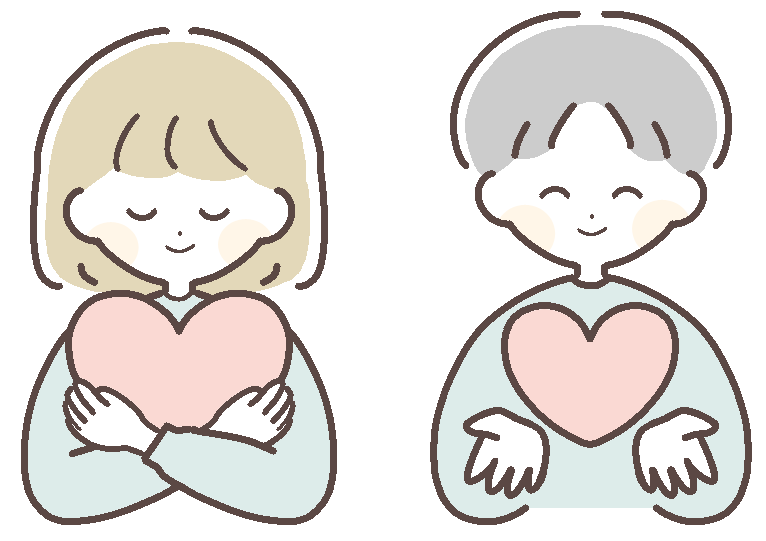
7 Manners to Follow in Japan
In Japan's public transportation, "quietness" is highly valued. Many people are commuting, going to school, or resting in the car, so it's common to be considerate of sounds and conversations to avoid bothering others.
Set your smartphone to "manner mode (silent)."
Avoid making calls in the car, and if necessary, do so on station platforms.
When crowded, it's preferred to hold your backpack in front or place it on the floor.

Small considerations provide a comfortable space for those around you. Be mindful of manners and enjoy Japan's public transportation comfortably.
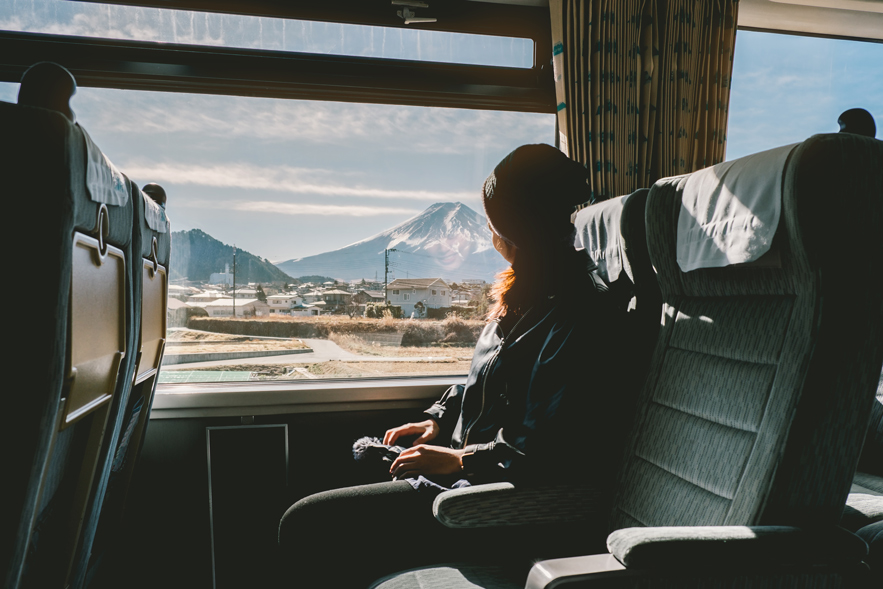
One reason Japan's streets are kept clean is the culture of "handling your own garbage." Especially in urban areas, there are places where garbage bins are not readily available.
If you can't find a place to throw away garbage, carry it in a bag and dispose of it at appropriate places like your accommodation or stations.
Even if there are garbage bins, they are separated into "burnable waste," "plastic," "PET bottles," etc., so check the labels carefully before disposing.

In Japan, the culture of "taking garbage with you" is deeply rooted. With a little consideration, you too can become part of this beautiful habit.
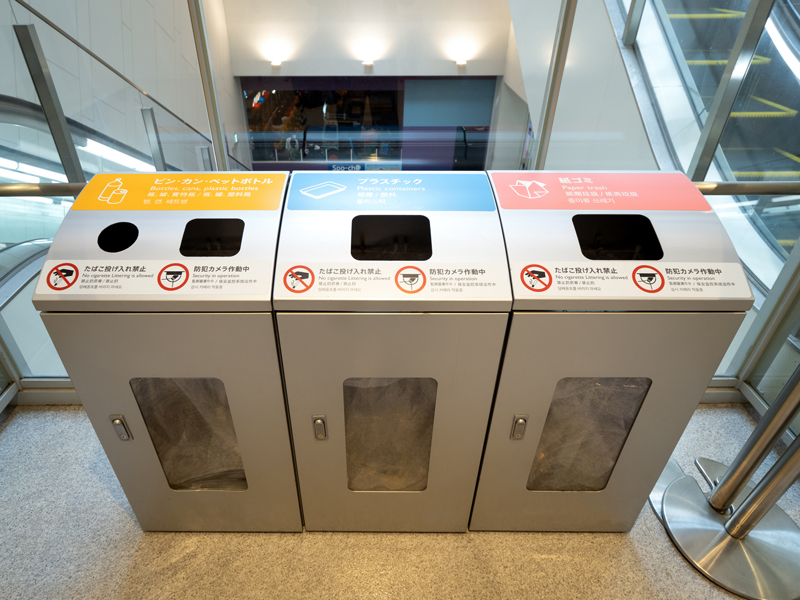
Smoking rules in Japan are becoming stricter year by year, and "smoking areas" are clearly defined both outdoors and indoors.
There are many "no-smoking zones" even on streets, parks, and in front of stations. Pay attention to signs.
Smoking areas are set up at airports, stations, and commercial facilities, so use those.
When looking for smoking areas, look for signs marked "Smoking Area" or "喫煙所."

Walking while smoking is very dangerous and can lead to problems such as burns to others and fire transfer to clothing.
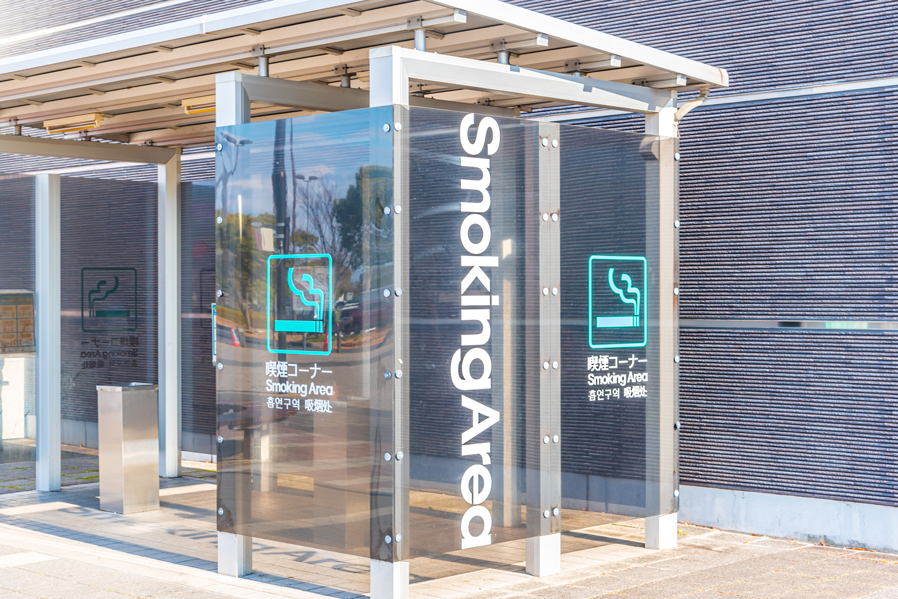
In Japan, there is a culture that "eating" should be done quietly and calmly. Especially eating while walking in crowds or while moving can risk dirtying others' clothes or leaving garbage behind.
Food should basically be eaten standing still, such as near food stalls or in spaces with benches.
Avoid eating in station areas and train cars (especially during rush hours).
However, eating is permitted on long-distance trains like the Shinkansen.

"Eating calmly and savoring" is Japanese food culture. By eating leisurely, both the deliciousness of the food and memories will remain more deeply.
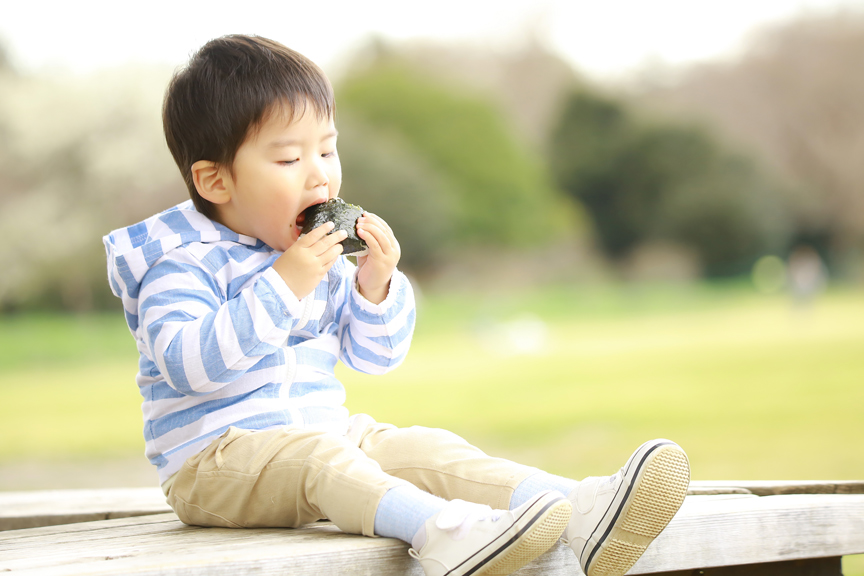
At ryokans and hotels, it's important to be aware that "you're sharing space with other guests." Since walls can be thin, late-night conversations, TV sounds, and noise in hallways can become problems.
Be careful with door opening/closing and footsteps.
Especially after 10 PM, it's better to consider it "quiet time."
Be considerate of other users who are relaxing in communal baths (large baths) and lounges.

Relaxation is important when traveling. That's why we want to provide comfortable time to those around us too. By spending time with consideration, your trip will also become more comfortable.
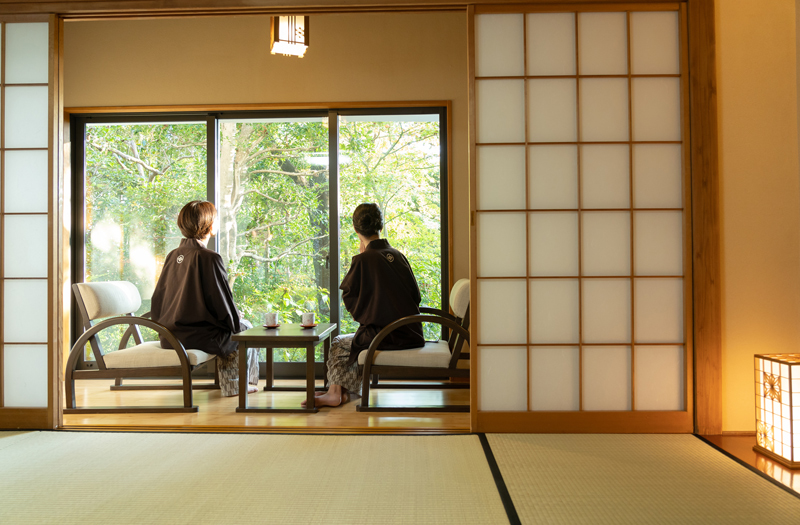
Shrines and temples are tourist attractions as well as places of worship. Since there are people praying and practicing, it's required to value the atmosphere and rules.
There are places where photography is OK and places where it's not. Check signs and guides.
Taking off hats and sunglasses when visiting gives a polite impression.
If you don't know the proper way to make offerings or prayers, you can refer to how others do it.

More than formality, "respectful attitude" is most important. Even if you don't know the correct procedures, spending time quietly with heart leads to feelings of respect.
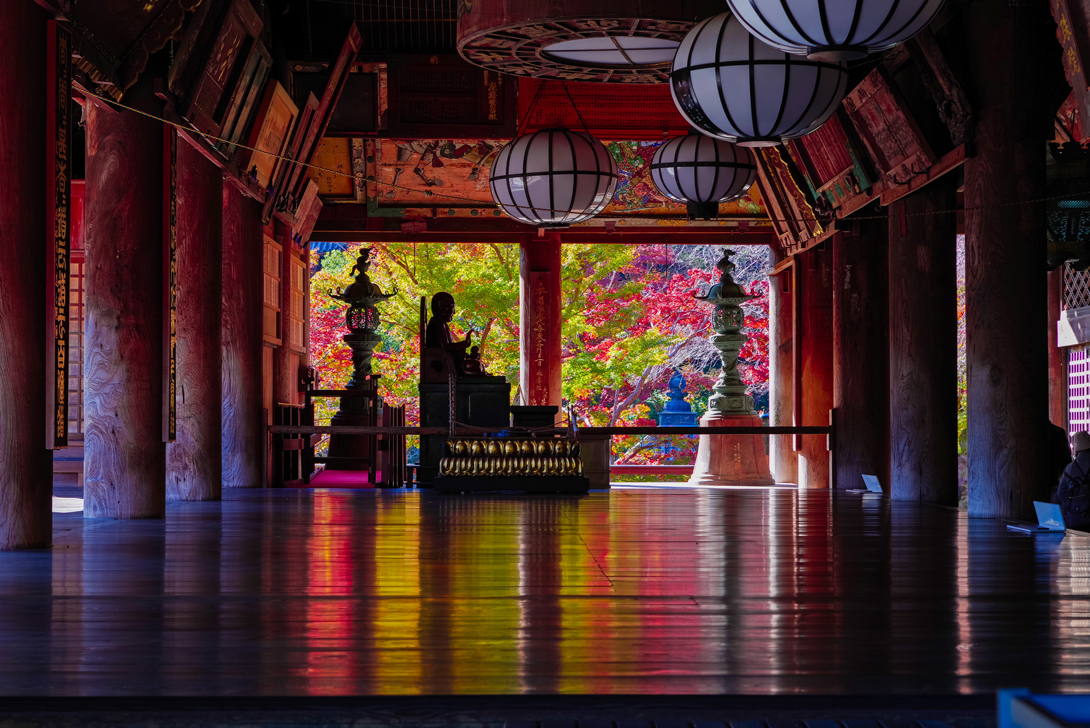
Japan's public restrooms are widely maintained at stations, commercial facilities, tourist spots, etc., and many are clean and free. To maintain that environment, cooperation from each user is essential.
After use, flush water properly and throw paper products in designated places.
If you make a mess in the restroom, have the awareness to clean it up yourself.
For those concerned about sound, there are restrooms with "Otohime" devices (devices that play sounds to be considerate of surroundings).

Making it comfortable for the next person to use. That's toilet manners in Japan. Just as you were able to use it comfortably, provide the same experience to the next person.
